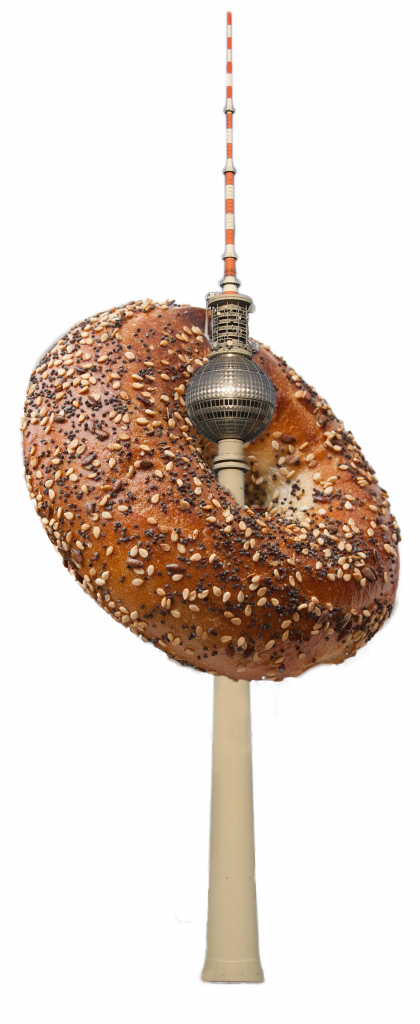An American in Berlin
 For the first 39 years of my life, before I moved to Berlin, no one ever told me I looked like Woody Allen. I have plenty of the typical New York Jewish mannerisms – a touch of hypochondria, an excess of neuroses, and a tendency to talk loud, often, and with my hands. But looks? Other than small stature and the thick-framed glasses that seem to be mandatory among Berlin expats, I don’t share much with Allen in the looks department.
For the first 39 years of my life, before I moved to Berlin, no one ever told me I looked like Woody Allen. I have plenty of the typical New York Jewish mannerisms – a touch of hypochondria, an excess of neuroses, and a tendency to talk loud, often, and with my hands. But looks? Other than small stature and the thick-framed glasses that seem to be mandatory among Berlin expats, I don’t share much with Allen in the looks department.
In the past three years, though, as many Berliners have told me I look like Allen. At first, I found this a matter for some concern – not so much for reasons of ethnic stereotyping as vanity. Although I love Allen’s films, I’d like to think I look more like Ben Stiller, or maybe Jakob Dylan… At the very least, Allen has a third of a century on me, and I’d like to think that’s obvious.
Then a barista in the coffee shop I used to visit every day told me I looked “exotic” – the only time I’ve ever heard that in my life – and I realized that the Allen comparison was intended to be flattering. Part of me felt I should be mad about being reduced to a stereotype – is this what African-American men feel when people tell them they look like famous athletes? But as someone who spent his whole life looking pretty average – brown eyes and hair and glasses don’t exactly stand out in the US – attention from the pretty blonde barista was flattering. If I knew there was a country where attractive women thought I was exotic, I would have come here more before I got married.
Not just another city
One of the weirdest parts about being a Jew in Berlin is that everyone wants to know what it’s like to be a Jew in Berlin. Not so much Berliners, many of whom know German Jews or Israelis who moved here; but Jewish-Americans, who see Germany less as a part of Western Europe than a haunted land where the shadows of the past darken life in the present. And I never know quite how to respond. It’s hard to square my life in the present – comfortable apartment, beautiful family, the joys and stresses of middle-class life anywhere – with the unthinkable horror of the past. Any attempt to do so could take hours. This is not what any of the people who ask me about Berlin really want to hear over dinner or cocktails.
The obvious truth is that Berlin is full of shadows. But it’s also a bustling metropolis of 3.4 million people, including a small but successful Jewish community. Rent is cheap, galleries full, clubs thriving. It was here that I wrote a book, here that I started a family. By any traditional measure, it’s a great place to live.
But the shadows are there, and I see them out of the corner of my eye when I least expect it. Sometimes, when I see a cluster of Stolpersteine, brass plates in the pavement, I think about the individuals they were put in to commemorate – probably assimilated Jews, not so different from me. I can’t pretend the Memorial to the Murdered Jews of Europe is simply another part of Berlin’s urban landscape, the way I stopped thinking about the Empire State and Chrysler buildings when I lived in New York. Sometimes when I’m enjoying a beer at the Soho House, I stop to think about the building’s history: A Jewish-owned department store, then a Hitler Youth headquarters, an East German Communist Party office, and finally a private club for Berliners who work in the arts and media businesses. Every so often, I feel these shadows press down on me – it would be foolish to pretend Berlin is just another city – but not so much that I question my decision to live here. Berlin’s history is tragic, and we ignore it at our peril. But it need not block out the present.
Robert Levine is a Berlin-based American journalist
